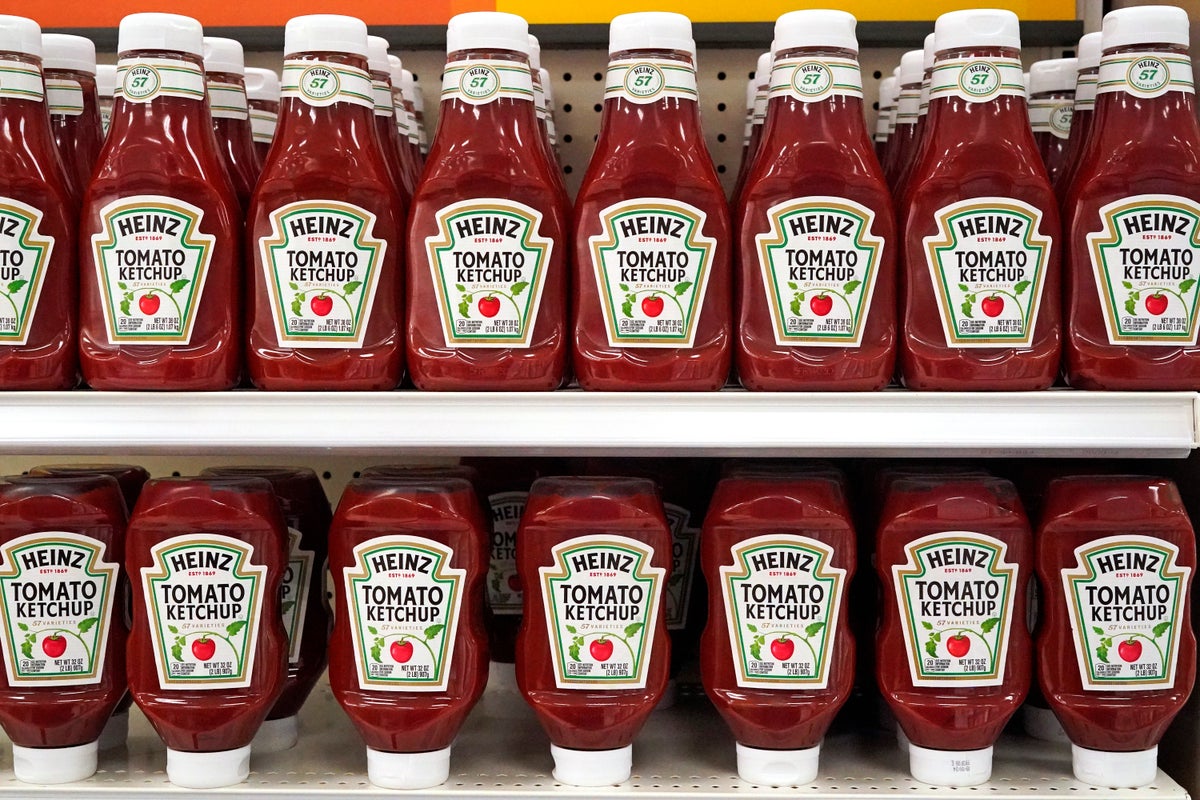
U.S. wholesale prices increases accelerated in August, a sign that inflation remains stubbornly persistent despite a series of sharp interest rate hikes by the Federal Reserve.
The Labor Department said Thursday that its producer price index — which measures inflation before it hits consumers — increased 1.6% last month from a year earlier. That is up from a small 0.8% yearly increase in July and just 0.1% in June. Sharply higher gas prices drove much of the increase.
Excluding the volatile energy and food categories, core inflation rose 2.2% in August from a year earlier, down from a 2.4% yearly increase in July.
Wholesale prices are still rising more slowly than consumer costs, a sign that inflation may continue to cool as the weaker wholesale price gains translate into smaller price increases for the consumer. The Thursday data reflect prices charged by manufacturers, farmers and wholesalers.
The government said Wednesday that the consumer price index, the most widely-followed inflation gauge, rose 3.7% in August from a year ago, up from a 3.2% yearly gain in July. Yet excluding the volatile energy and food components, core inflation fell to 4.3% in August from 4.7% in July.
On a month-to-month basis, wholesale prices rose 0.7% in August, the biggest gain in more than a year, up from a 0.4% increase in July. Core wholesale prices ticked up 0.2% last month, down from 0.3% in July. The Federal Reserve, which is fighting inflation by raising interest rates, closely monitors core prices because they are considered a better measure of future inflation trends.
For now, inflation remains far above the Fed's 2% target, and the small pickup in wholesale prices last month underscores that further declines in inflation will be bumpy and uneven.







